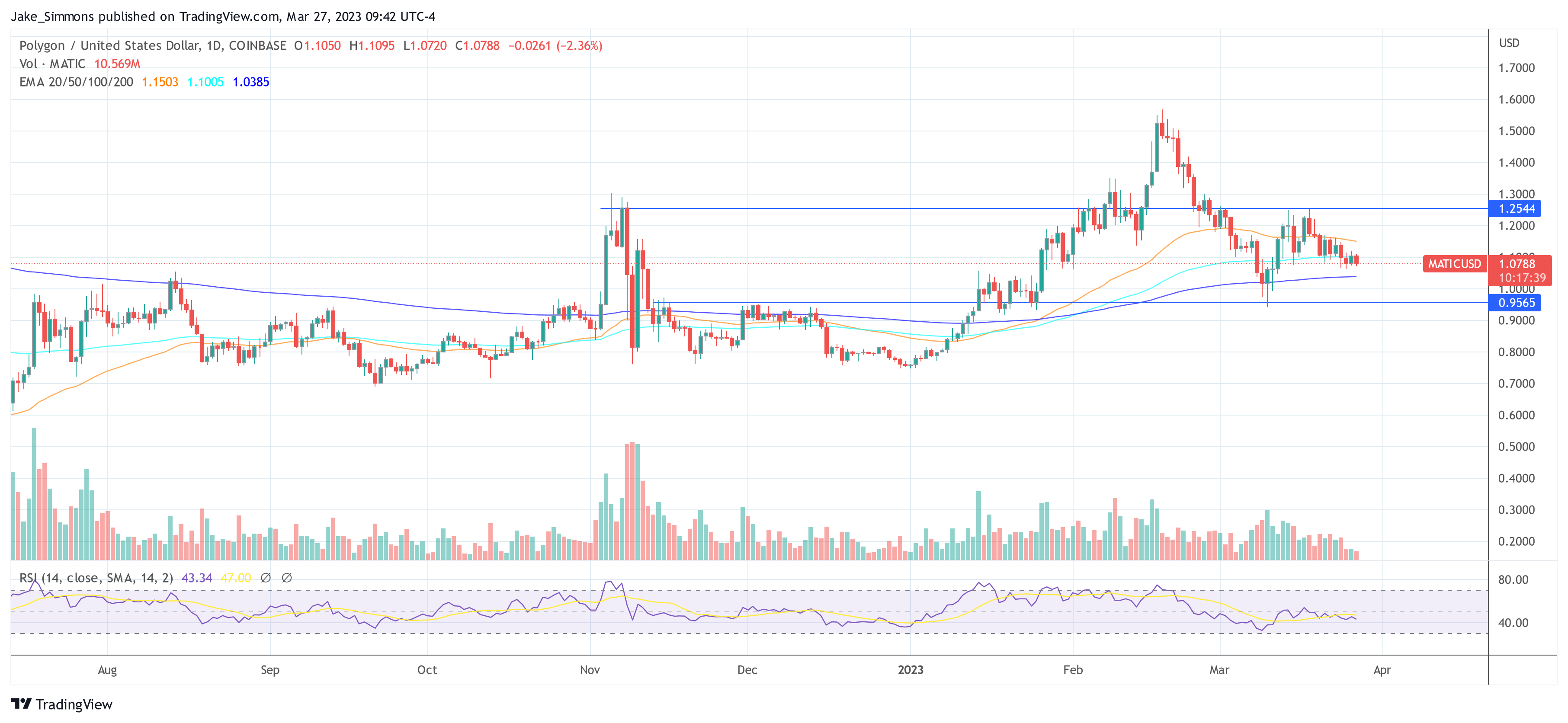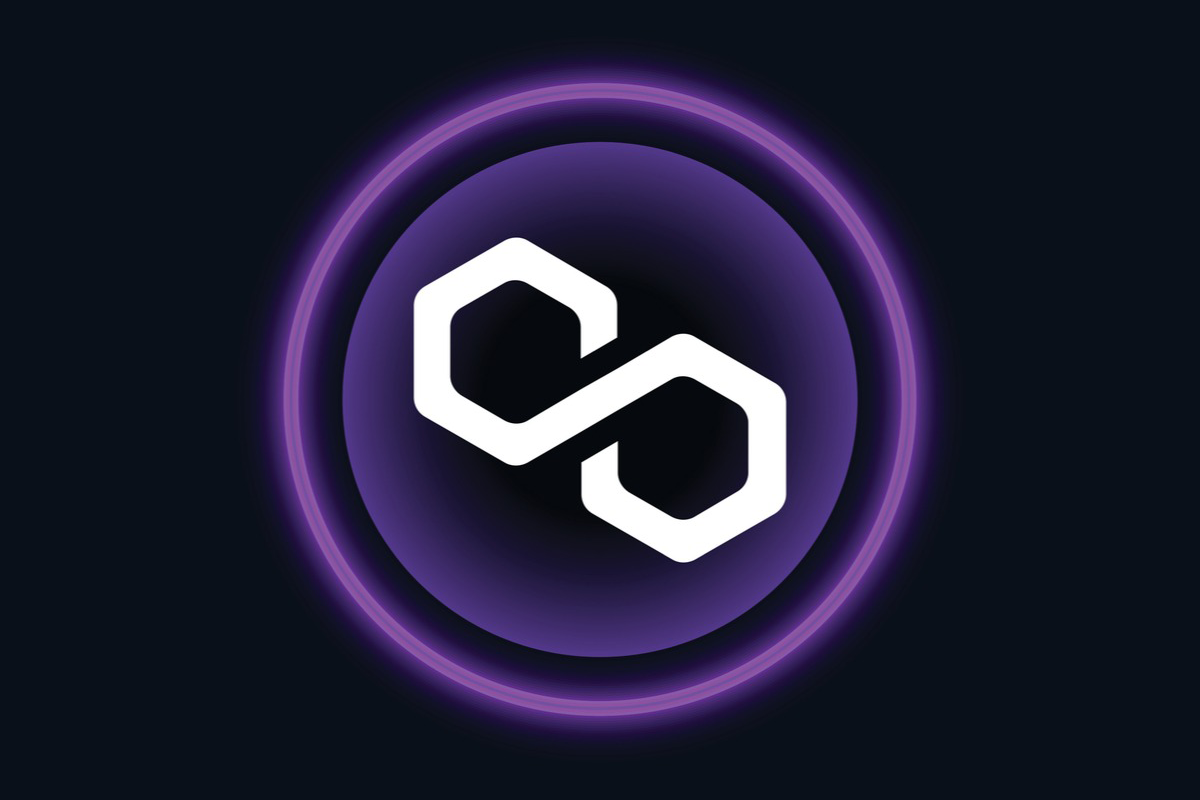In July 2022, Polygon Labs, zkSync and Scroll ZKP launched a race to build the best zero-knowledge Ethereum Virtual Machine (zkEVM). After $1 billion in funding, two external audits, and an internal audit of 26 researchers, today is the day – March 27, 2023 – when the Polygon zkEVM will be launched.
Although the Polygon (MATIC) price does not currently reflect the euphoria, the launch will have long-term positive effects. The Polygon zkEVM will make Ethereum more scalable, as well as provide better security and privacy. Polygon is launching its zkEVM ahead of all its competitors with today’s launch.
Polygon #zkEVM Mainnet Beta is launching today.
Watch it all unfold:https://t.co/hb3EbdfADD pic.twitter.com/ltZh0eBRCS
— Polygon (@0xPolygon) March 27, 2023
Polygon Makes Ethereum More Secure, Faster, More Private
In a Substack article, @Louround_ and @expctchaos explored these benefits in detail. According to them, the most obvious reason to get excited about zk rollups is “the tremendous scalability they offer.” Zk rollups theoretically allow thousands of transactions per second.
Aside from scalability, the zkEVM is most notable for its security. The main difference with alternative L1 blockchains is that it does not have its own validation set. Instead, the zkEVM effectively shares security with the Ethereum base layer thanks to the mathematical verifiability of the proofs that roll-ups post on L1.
“In summary, it is reasonable to assume that a zk-rollup implementation like Polygon zkEVM provides superior security guarantees than most alternative L1 chains that rely on security provided by smaller validator sets with less value at stake,” the analysts write.
Last but not least, the use of zero knowledge proofs also reduces the amount of shared transaction data, making zk-rollups almost privacy-preserving by default. Simply put, using zero knowledge proofs can prove the validity of a statement without revealing specific information.
High-Profile Partners Offer Great Potential
Yet the partners already announced that will use Polygon’s zkEVM also paint a bullish picture. They include Quickswap DEX, Uniswap, Immutable, Aave, 0vix, LensProtovol, Covalent and OnePlanet NFT.
Quickswap DEX has a Total Value Locked (TVL) of $155 million and is the first dapp ever built on the Polygon zkEVM testnet. Quickswap boasts some pretty impressive numbers with more than 40,000 liquidity pairs, about 280,000 liquidity providers and more than 130,000 users.
Uniswap and Aave are among the most popular DeFi protocols on Ethereum and will undoubtedly cause a stir with their better performance. Uniswap is the leading DEX on almost all chains, including Polygon, where monthly volumes have averaged $2.7 billion so far since the beginning of the year. Aave is the top lending platform on Polygon with TVL of $308 million.
Immutable is the top place to go when it comes to GameFi on Polygon. The new Immutable zkEVM, has the potential to completely change the GameFi scene in terms of speed, efficiency and overall user experience.
MATIC Price Falters, How Much Longer?
At press time, the MATIC price stood at $1.07 and showed no momentum on the occasion of the zkEVM launch. To the south, the 200-day Exponential Moving Average (EMA) is currently the key support at $1.04, which must be held to avoid a fall towards $0.96. To the upside, the area at $1.25 is crucial.








